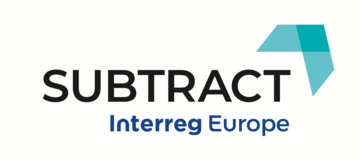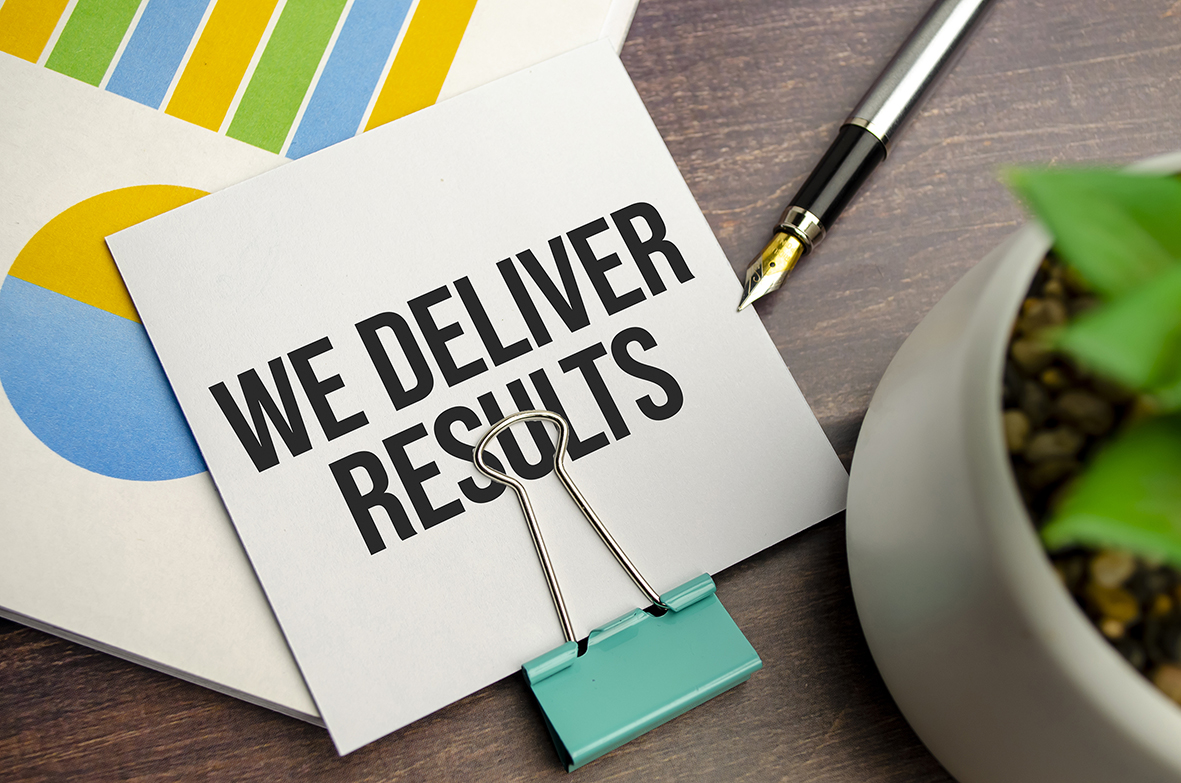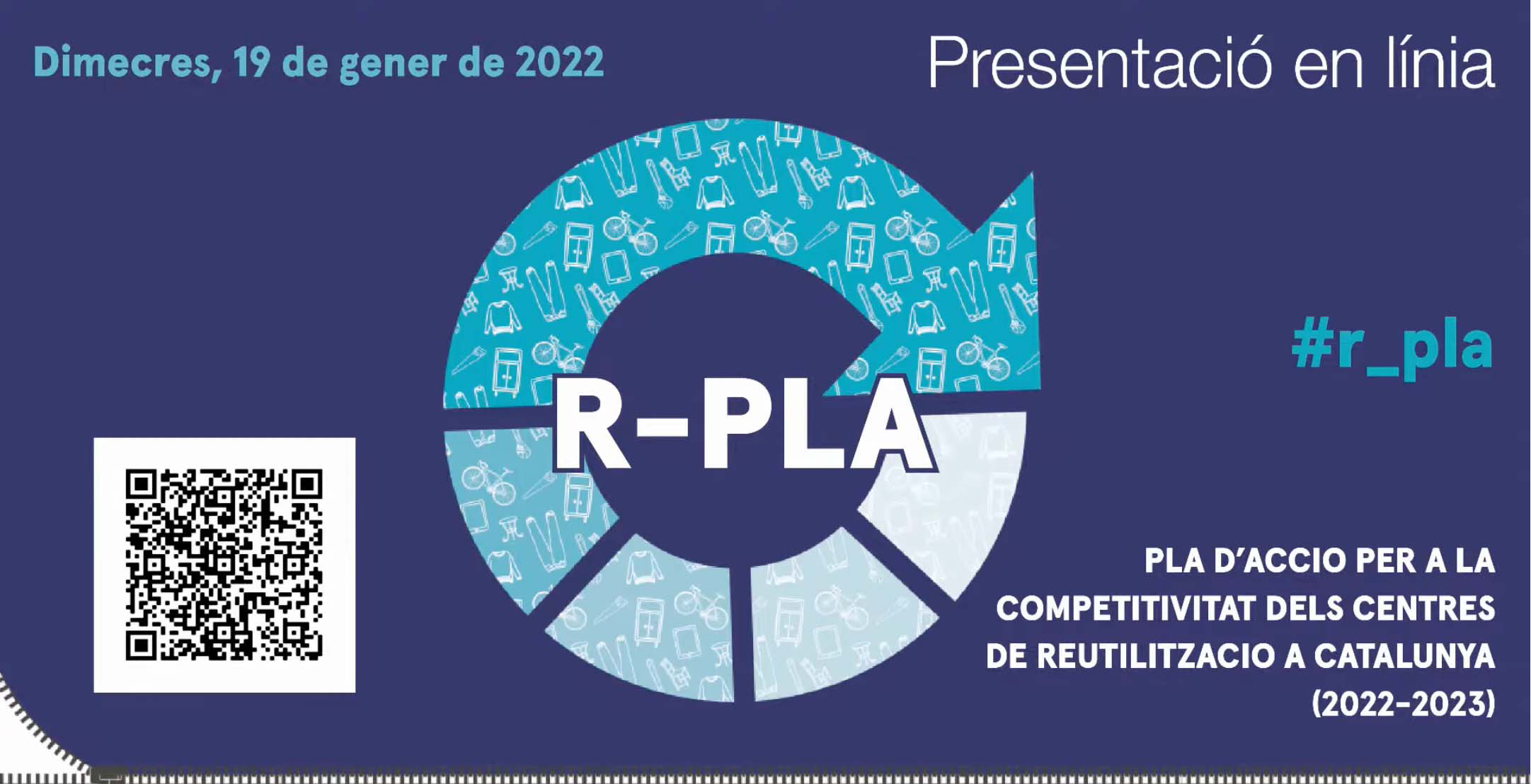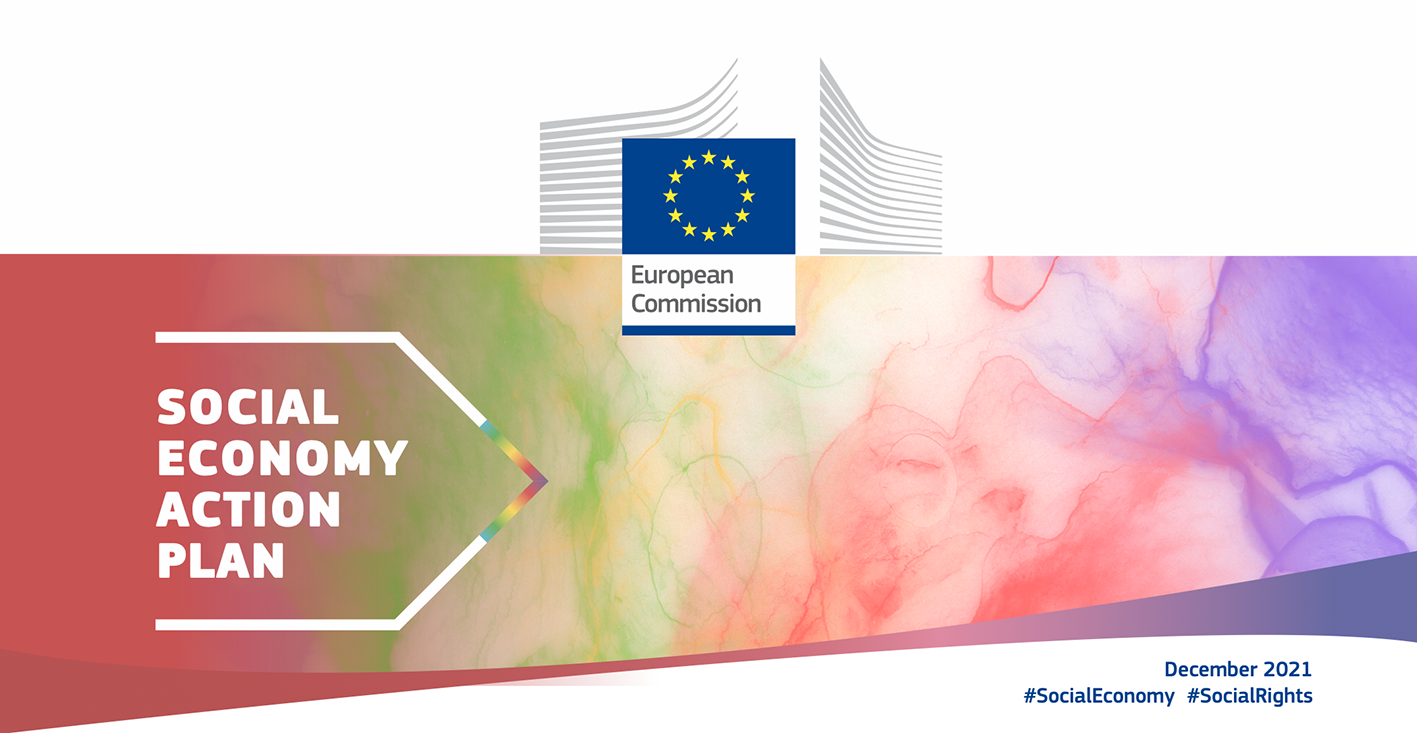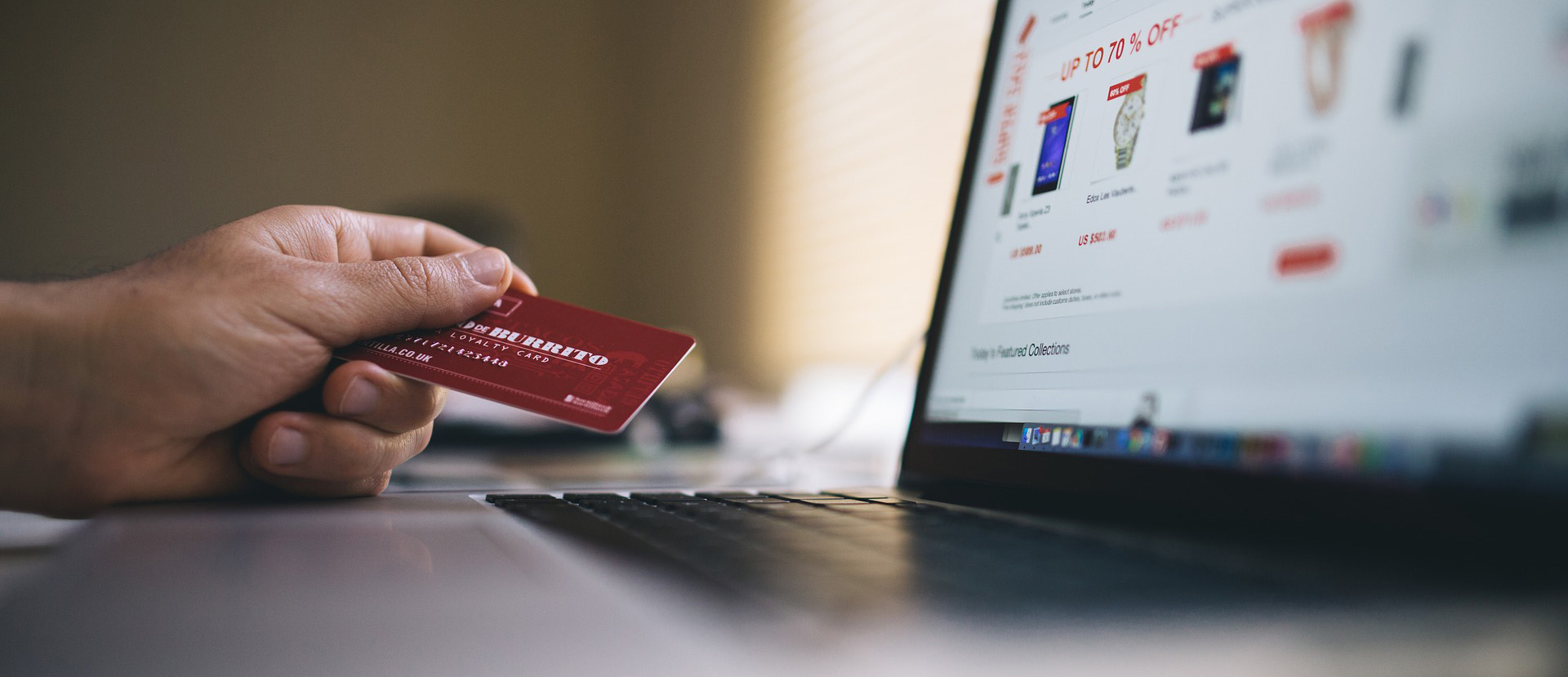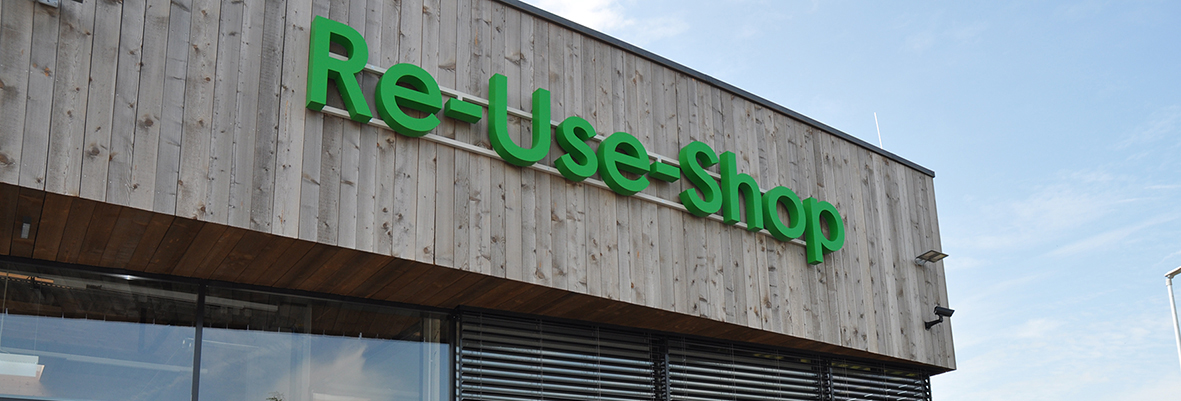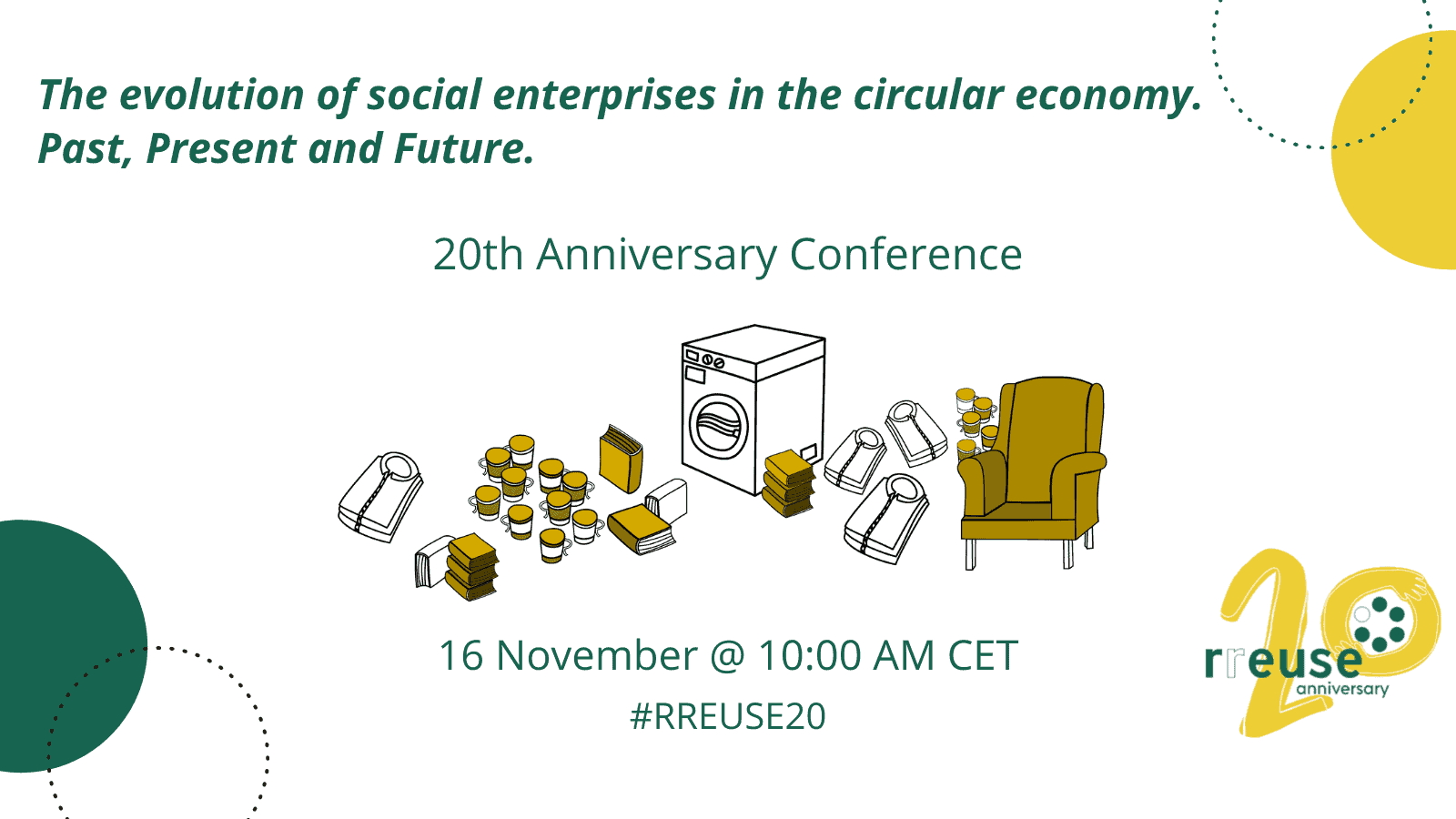17 stakeholders and project partners from Finland and Catalonia participated in day 1 activities of the virtual preparatory meeting for staff exchange in the region of Styria / Austria. This online session took place on 2nd November 2020 and was organised by the SUBTRACT project partners from the Office of the Regional Government of Styria.
In her presentation, Ingrid Winter, Head of Department for Waste and Resource Management at the Directorate 14 of the Provincial Government of Styria, gave a comprehensive overview over the framework regarding waste management in Styria. She explained how source separated collection of municipal waste works in the region as well as showcased measures to implement waste hierarchy, with particular focus on recycling, reuse and waste prevention.
She cited the pilot project "repair bonus" as a successful example for re-use that has been implemented in Styria in the recent past. In 2019 subsidies were given to individuals for the reparation of electrical household devices. Approximately 1.200 repairs were subsidized within the 5-month pilot phase. However, it is expensive to finance such projects over a longer period of time.
She also emphasised the importance of reuse and "prepare for reuse" activities in the process of supporting transition towards a more circular economy on regional level.
"If you have waste and you refurbish, clean or repair it, you want to get the end-of-waste status, because then you have again a product and you are not falling within the scope of the Waste Management Act. To make this easier for people working in the reuse field, a guide to determine the end-of-waste status in the preparation for reuse was published, written by external experts pulswerk, DIE UMWELTBERATUNG Wien and RepaNet on behalf of our region, 6 other regions and the national Ministry for the environmental issues. It was published in November 2019 and it’s really a helpful tool for the reuse sector", added Ms. Winter. The English version of the guide is available here.
The Q&A sessions after each presentation offered stakeholders an opportunity to ask questions and deepen their knowledge on every single topic. For instance, asked how textile waste is recovered in Styria, Ms. Winter said that this type of waste is collected within textile collection system. "The 17 Waste Management Associations have different private companies and socio-economic enterprises as partners all over Styria for the collection of used textiles. These waste textiles are then sorted, the premium quality items are reused and the others are recycled. People have to collect it in a bag and there are containers located (all over the region)".
In the last part of the presentation the focus was put on the reuse system for Styrian wine bottles. After projection of a short introduction video "The Styrian wine bottle – indulgence with responsibility!", Ms. Winter shared some insights on the beverage packaging system in Styria. The focus was put on the so-called "Allweg-Steiermarkflasche" ("The multi-use Styrian bottle") that can be returned by the customers to be reused and refilled, thus contributing to waste prevention in the region.
Around 90 winegrowers, over 100 branches of the SPAR supermarket chain, other single grocery shops as well as 6 resource parks or waste collection centers in Styria participate in the project by collecting and/or refilling the valuable wine bottles.
Asked about how the responsibilities and costs were divided between wineries, supermarket chain and local authorities during the pilot phase of the project, Ms. Winter explained that SPAR and other retail shops were mainly responsible for providing the 5% discount on Styrian wine to customers who returned empty Styrian wine bottles as well as logistics, i.e. collecting bottles in the return machine. Then the bottles were picked up by winegrowers and brought for washing. The main contributions of the Office of the Regional Government of Styria are the comprehensive information material, awareness raising and the coordination of project.
"What we have done in our own calculations was to compare the environmental effects per bottle that is recycled to bottle that is refilled. […] If you refill a bottle you save 95% of CO2 and 99% of mineral raw materials. […] The production of new glass needs a lot of water for cleaning and cooling. If you wash a bottle you save even 60% of water in comparison to a new bottle. So, from the environmental point of view it’s quite clear what should be done", added Ms. Winter.
Video "The Styrian wine bottle – indulgence with responsibility!" can be watched here.
This virtual preparatory meeting was organized as part of the staff exchange within the SUBTRACT project as a contingency plan during the COVID-19 outbreak. Nevertheless, project partners hope that a physical meeting can still be organized later next year.
